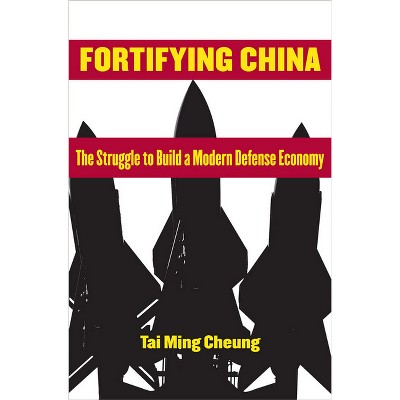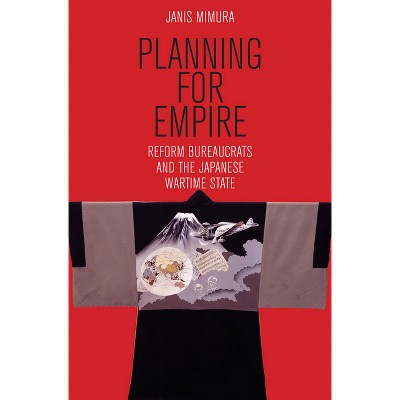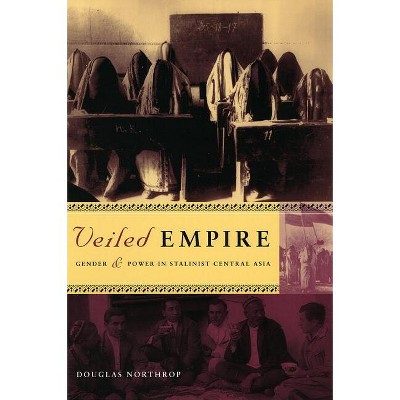About this item
Highlights
- Polymaths of Islam analyzes the social and intellectual power of religious leaders who created a shared culture that integrated Central Asia, Iran, and India from the mid-eighteenth century through the early twentieth.
- About the Author: James Pickett is Assistant Professor of Eurasian History at the University of Pittsburgh.
- 320 Pages
- History, Asia
Description
About the Book
"Shows that the Central Asian city of Bukhara was the pivot of a transregional zone of Perso-Islamic cultural exchange, a role that endured and even expanded under Russian imperial rule"--Book Synopsis
Polymaths of Islam analyzes the social and intellectual power of religious leaders who created a shared culture that integrated Central Asia, Iran, and India from the mid-eighteenth century through the early twentieth.
James Pickett demonstrates that Islamic scholars were simultaneously mystics and administrators, judges and occultists, physicians and poets. This integrated understanding of the world of Islamic scholarship unlocks a different way of thinking about transregional exchange networks. Pickett reveals a Persian-language cultural sphere that transcended state boundaries and integrated a spectacularly vibrant Eurasia that is invisible from published sources alone.
Through a high cultural complex that he terms the "Persian cosmopolis" or "Persianate sphere," Pickett argues that an intersection of diverse disciplines shaped geographical trajectories across and between political states. In Polymaths of Islam he paints a comprehensive, colorful, and often contradictory portrait of mosque and state in the age of empire.
Review Quotes
[The book is] a masterwork of scholarship. Pickett's book is a tour de force of history and cultural sensitivity.
-- "New Trends in Social and Liberal Sciences"Anyone interested in the implications of the Russian absorption of a cosmopolitan civilization undergoing significant structural change in its political, intellectual, and social life should keep a copy of Polymaths of Islam by their bedside. This work sets the agenda for the study of Central Asia's intellectual and social history in the eighteenth and nineteenth centuries and will remain the reference text on the subject for a long time.
-- "Russian Review"James Pickett's Polymaths of Islam is another great contribution in line with recent works of scholars on the history of Bukhara and its role in Eurasian history. The book is a great contribution to Central Asian history and will serve the needs of a diverse readership.
-- "Ab Imperio"Pickett provides an important foundation for a future study of the gradations of prestige among less elite Islamic scholars, and their interactions with more popular religious figures.
-- "Canadian-American Slavic Studies"About the Author
James Pickett is Assistant Professor of Eurasian History at the University of Pittsburgh.












